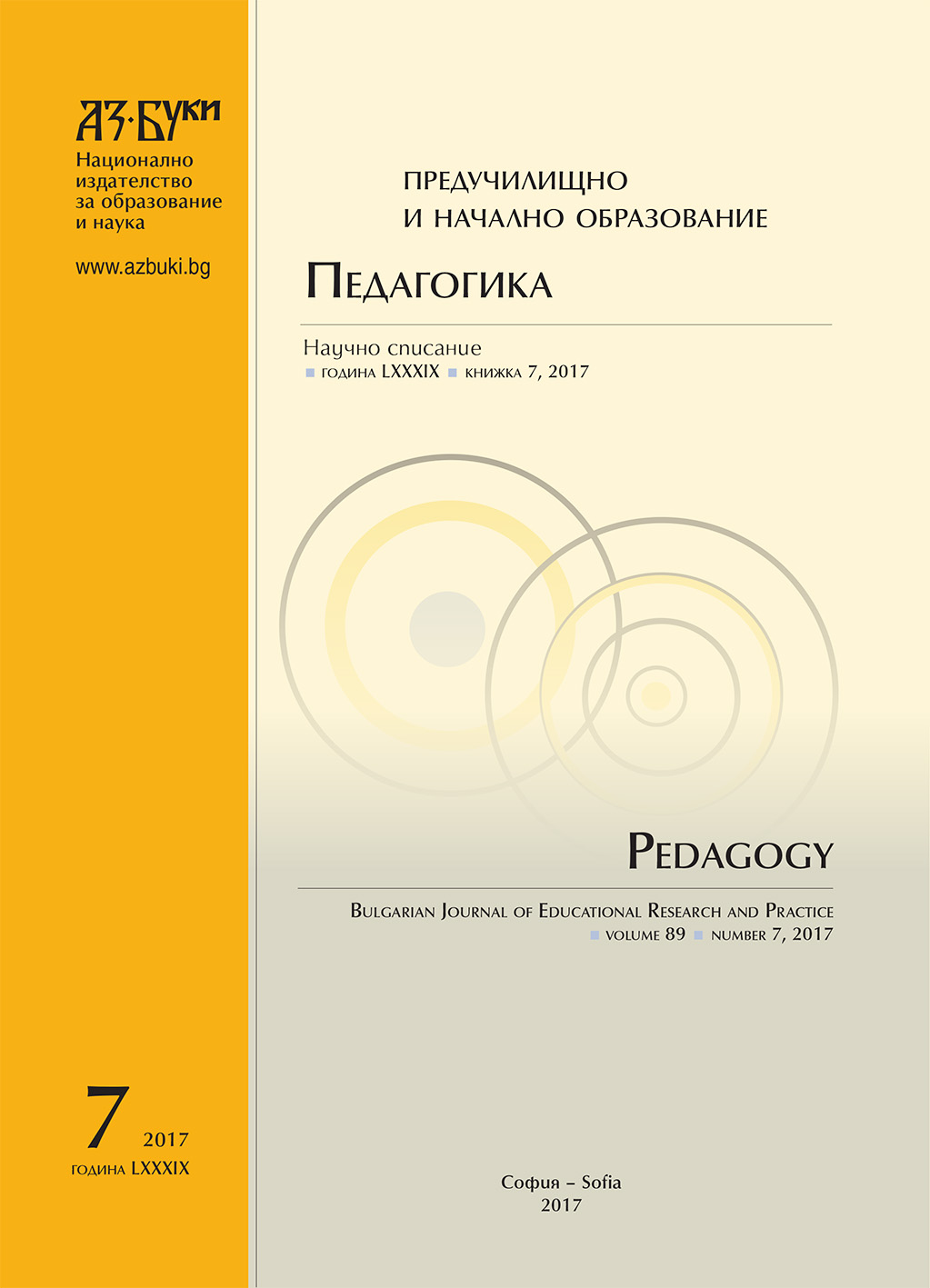
We kindly inform you that, as long as the subject affiliation of our 300.000+ articles is in progress, you might get unsufficient or no results on your third level or second level search. In this case, please broaden your search criteria.

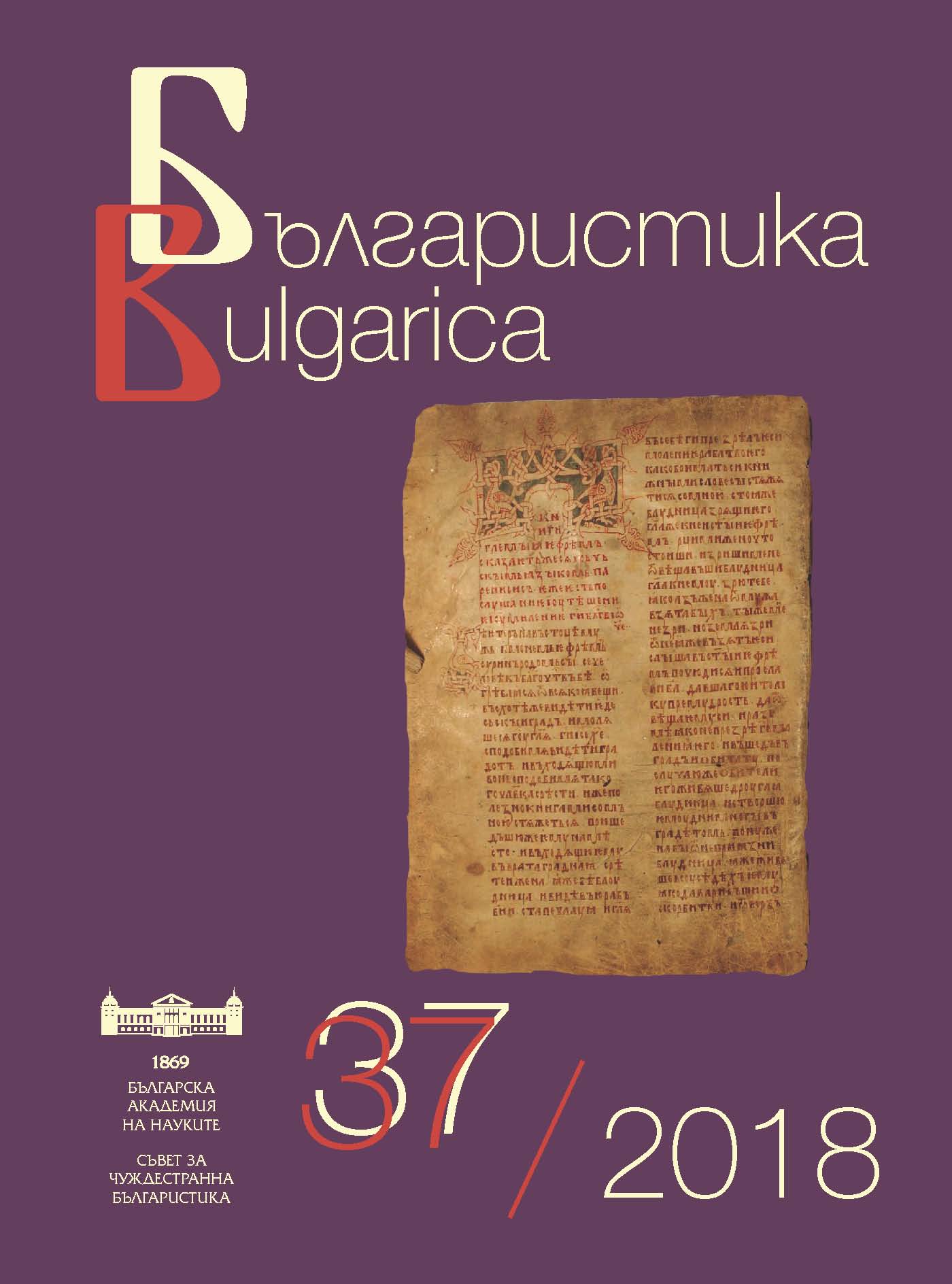
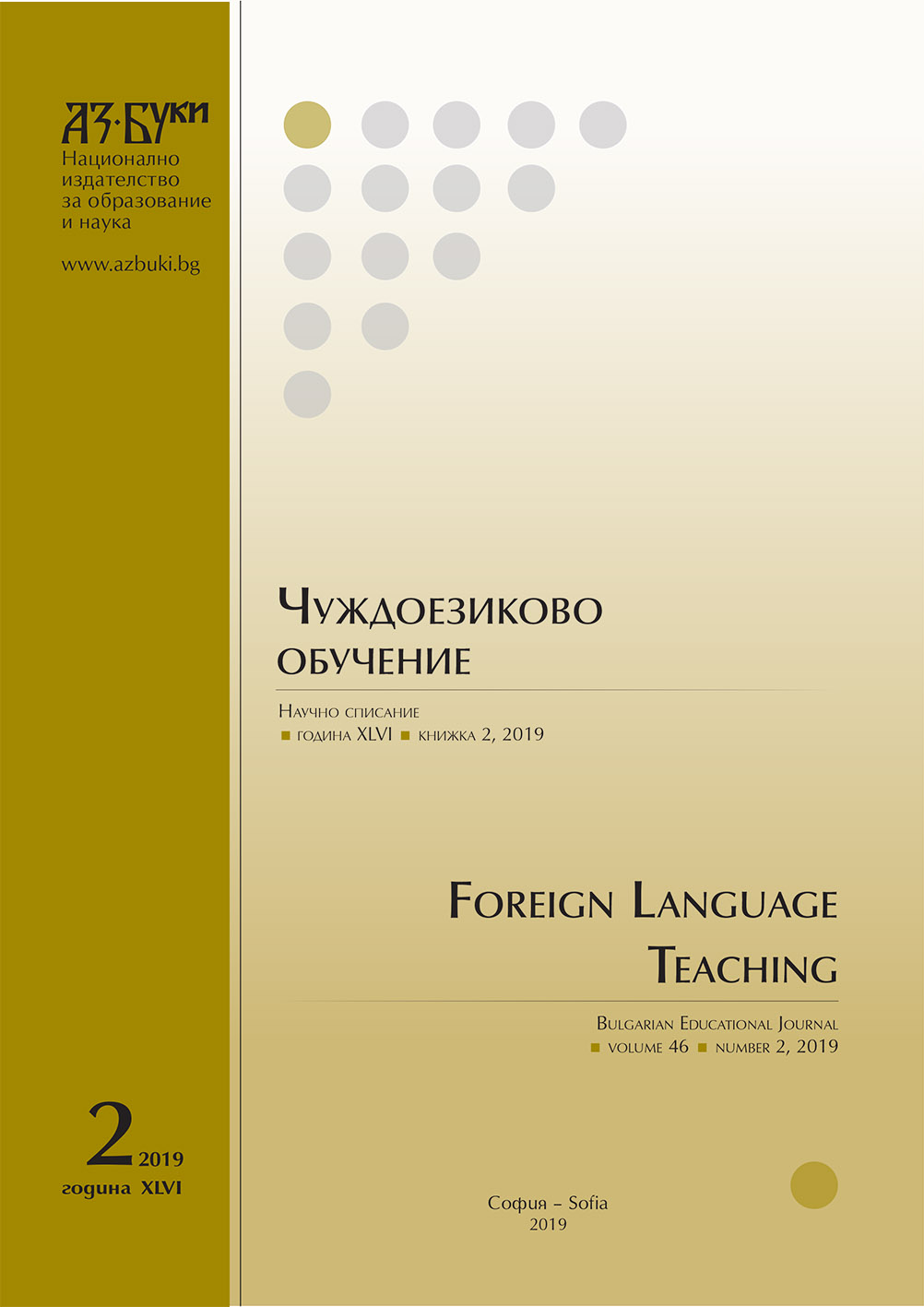
This article focuses on poetry as a phenomenon of futuristic art. “Zaum” is not an invention of futurists. It exists as an adequate means of transmitting ecstatic states to the shamans, its spirites, its esoteric and religious function has been known since antiquity. For Kruchonich, as well as for a number of other poets and playwrights, such as I. Zdenevich, the opportunity is to avoid the wrong verbal meanings, the speech patterns, and speech parsing. It is a path to the emotionally-sensual sphere and sub consciousness of man. Since, in the art of futurists, it is important not to copy reality, but to validate one’s own being and creative activity. An instrument of such activity is deformation, overturning, breaking the form. Hence,mistakes are deliberately legalized and even canonized because the error creates a distracting effect and makes us see in the act of deformation the return to the poetic. Poetic poetry, of course, does not end its development in a natural way. It is forbidden, as is the incomprehensible art. In 1931, the OGPU brought an action against the Obiratels and A. Tuffanov for the sake of accusation, accusing them of subversive plans against Soviet power. Moody poetry resurrected in the 1950s, when poets such as Vladimir Kazakov, Henry Sapgir, Igor Choline, Sergey Siege, Rie Nikonowa gradually entered the literature. The return to the pre-cultural state to which the futuristic mind calls the simultaneous renewal of the world and art, the rediscovery of the lost unity between man and space.
More...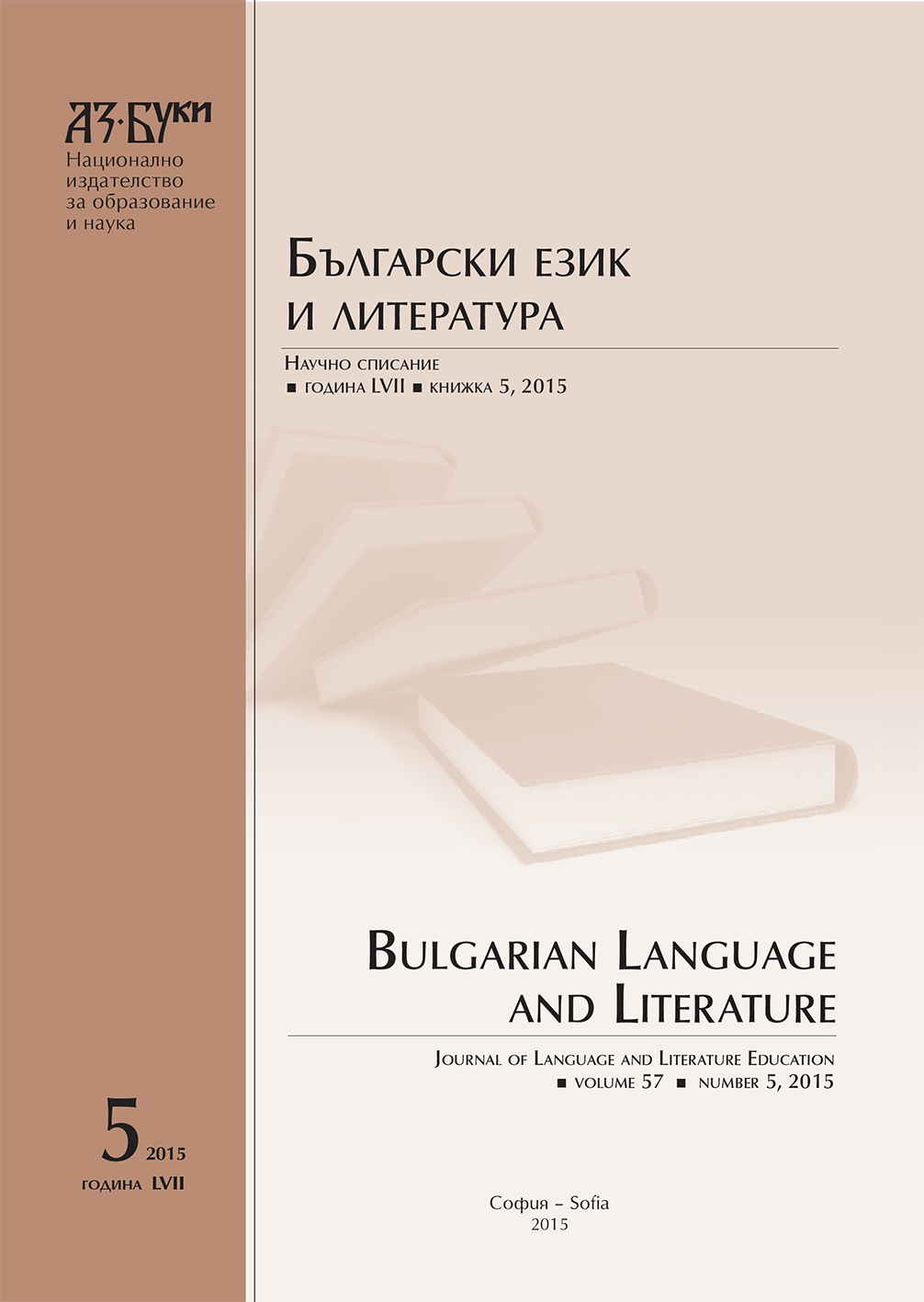
This paper presents a publication, unexplored so far, which has an important place in the early methodical literature on the problems of language learning. The Methodology of Linguistics (1906, 1907) in two volumes by St. Chakarov and M. Gospodinov is a continuation of the Herbartian pedagogical and didactic concept that entered in our country as early the 1880s through the translation reception of Stjepan Basariček and for several decades it had dominant impact on the formation of methodical thought in the country. In this sense the Methodology under review is a milestone in the foundation of the methods of teaching Bulgarian language as a system of theoretical and practical-and-applied views, a major part of which are still relevant from the standpoint of modern scientifi c thought
More...
In the article is considered the stratagem of rhetorical approach to language teaching as a psychological and pedagogical condition of forming of rhetorical competence of pupils in the process of language education. There have been presented the conception of rhetorical approach (strategic idea, principle, categorical apparatus). The implementation of rhetorical approach in school language education is realized by means of using rhetorization on the levels of educational process, subject and task.
More...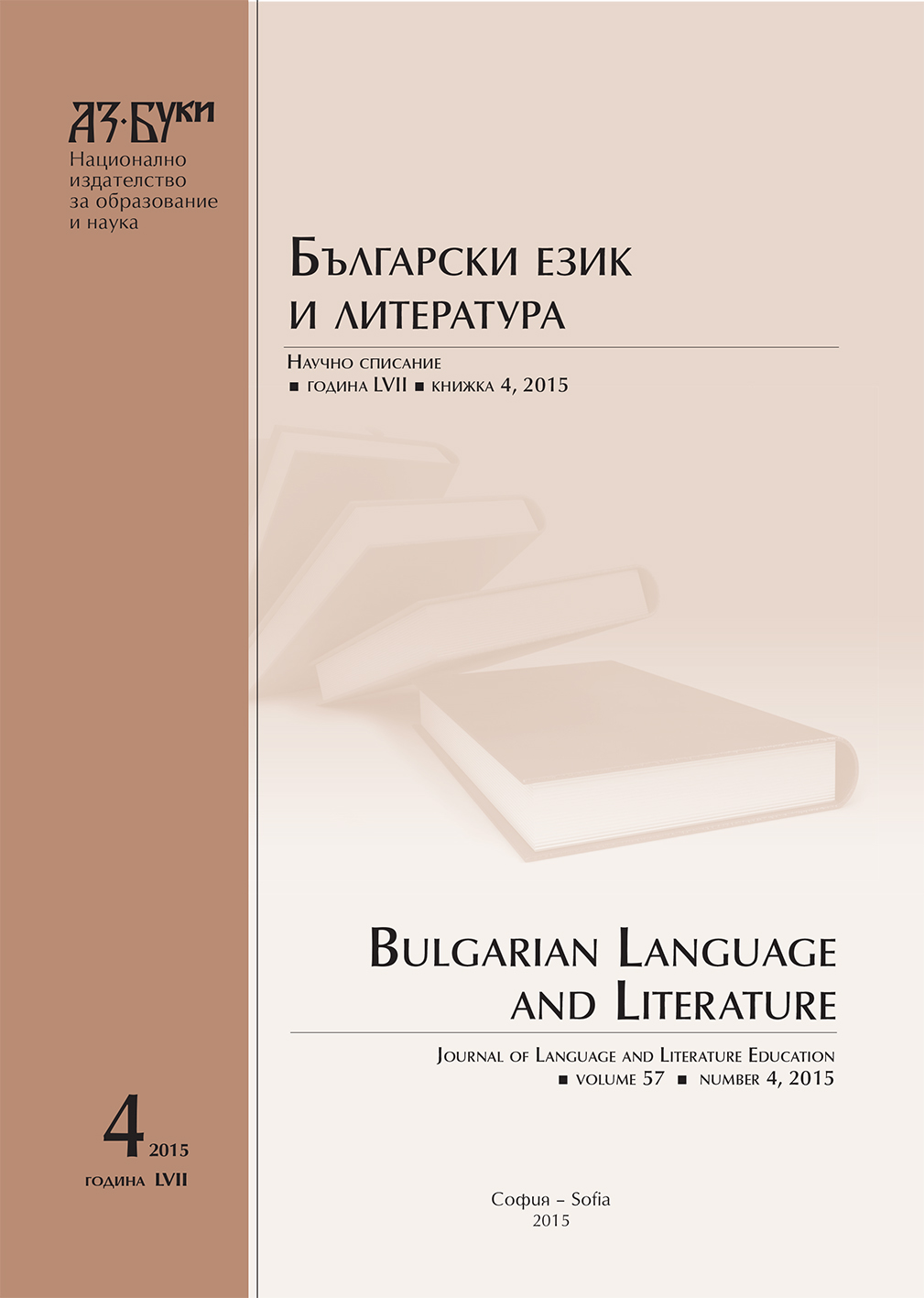
The article analyses how the rules of orthography are taught in primary schools. The requirements of the school curriculum, the main difficulties and problems from the methodological and linguistic points of view are specified. The orthographic errors are classified according to the branch of linguistics they belong to - orthographic phonetic errors, orthographic morphological errors, orthographic syntactic errors. Some methodological approaches are recommended towards acquiring orthographic competence and building orthographic awareness. Particular attention is paid to the use of the short and full forms of the definite article.
More...
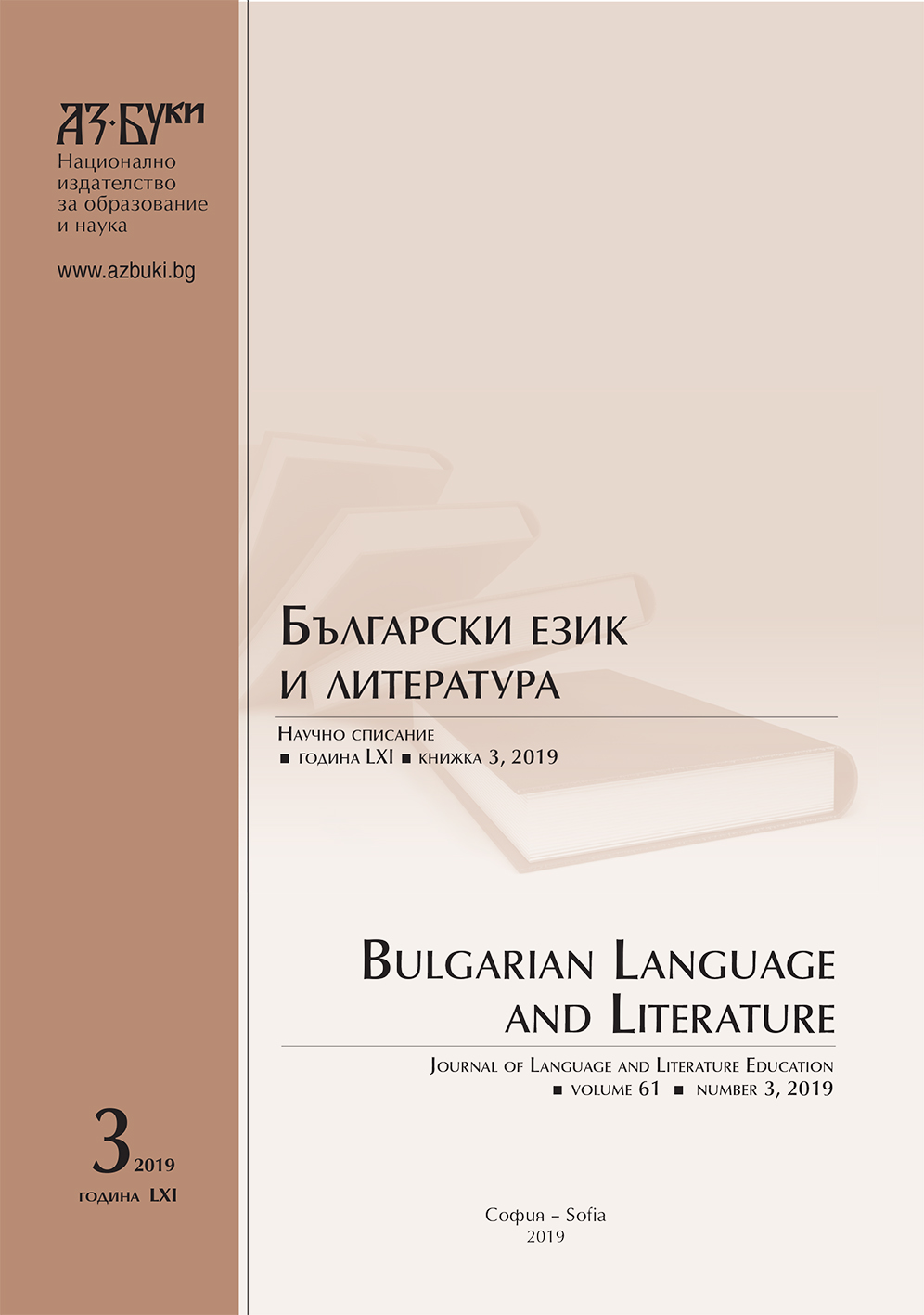
The article presents some modern approaches in the teaching of Bulgarian language, some applied methods and forms, which turn the pupil into an active creative person, the realization of intercurricular relations and dependencies. the new role of the teacher and the pupil in the modern educational paradigm. Different methods and forms of interactive training, activating the participation of pupils in Bulgarian language teaching, developing creative abilities, increasing motivation, achieving higher success and competencies are discussed.
More...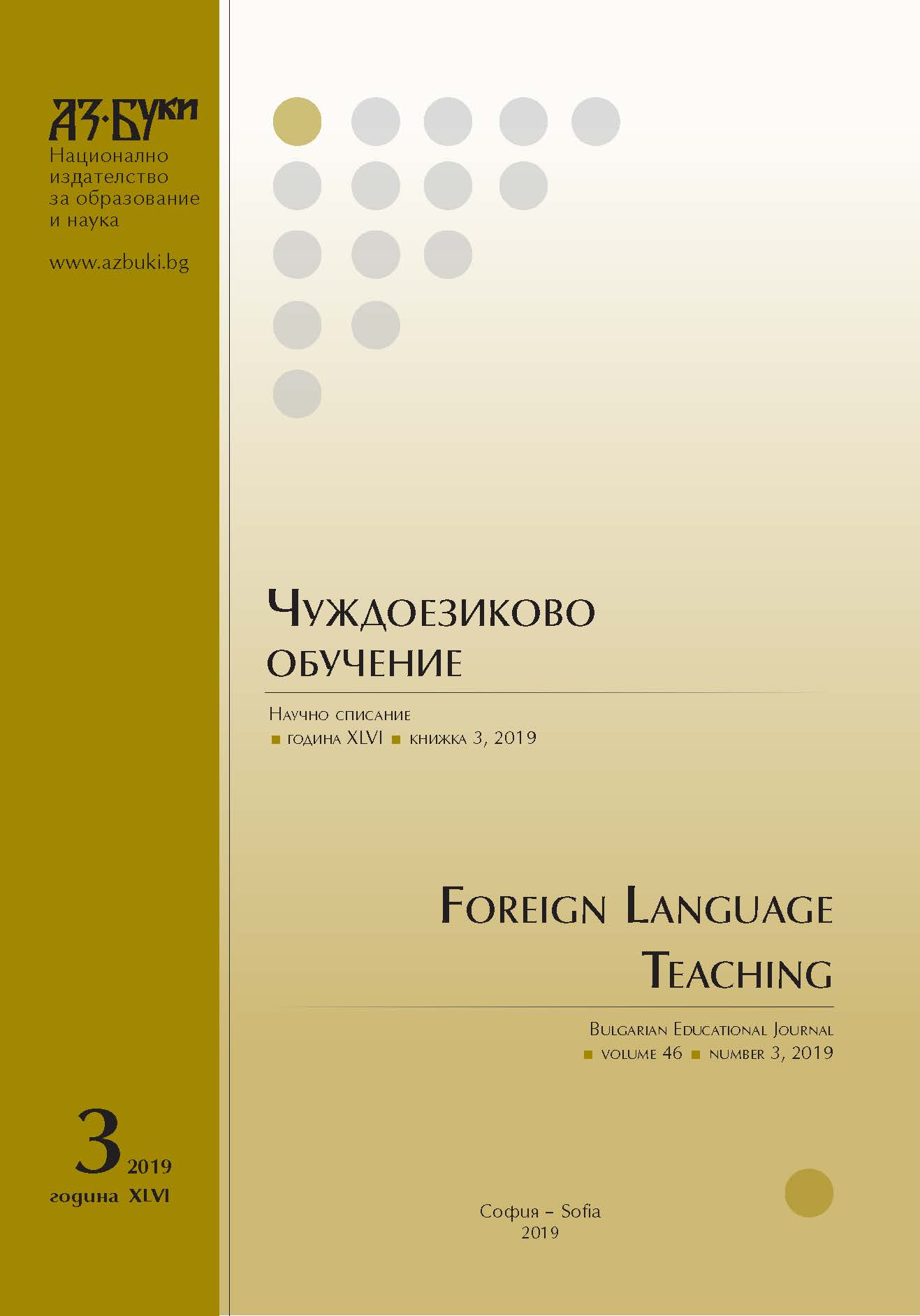
The intrusion of Turkic words into different languages is long and complex process that requires serious and in-depth analysis of the extracted material. The analysis of common borrowings in two languages from different groups (Bulgarian and French) requires a complex approach based on the comparative empruntology between lexical elements of agglutinating language, passed into two Indo-European languages, representatives of the Slavic and Romance groups. The aim of the study is to track the phonetic and grammatical changes that occurred during the penetration of Turkic words in Bulgarian and French and outline the thematic fields and the changes in their semantics
More...
Anton Nikopit is one of the forgotten representatives of the Bulgarian Revival intelligence, whose pedagogical work is almost unexplored. The article is devoted to the merits of the Revival writer in education - as a teacher, author and translator of didactical literature. Issues related to his literary work are clarified, the focus of the study being Constantinos Vardalachos`s text book of - Μαθηματαδιὰτοὺςπαιδασ (Ученiя за дѣца-та, Lessons for Children), translated by him. A description and analysis of the contents of the handbook, its structure, its subject, as well as the applied methodology of the classroom and lesson system are made. The conclusion contains in ferences about the usefulness of the textbook in view of the modern European practices of education and training that enter the Bulgarian secular education directly or through Greek didactic literature, and the merits of A. Nikopit in this process.
More...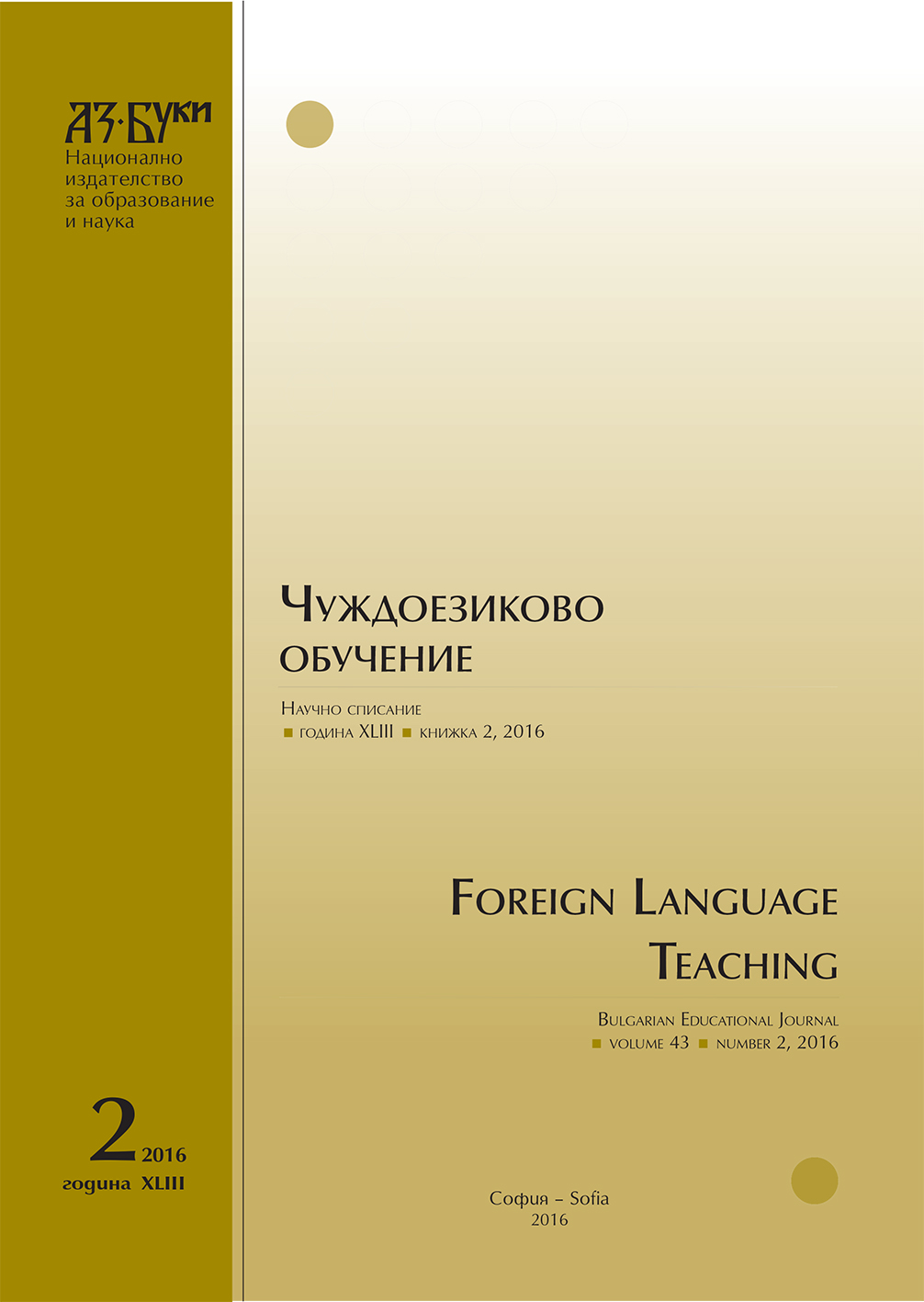
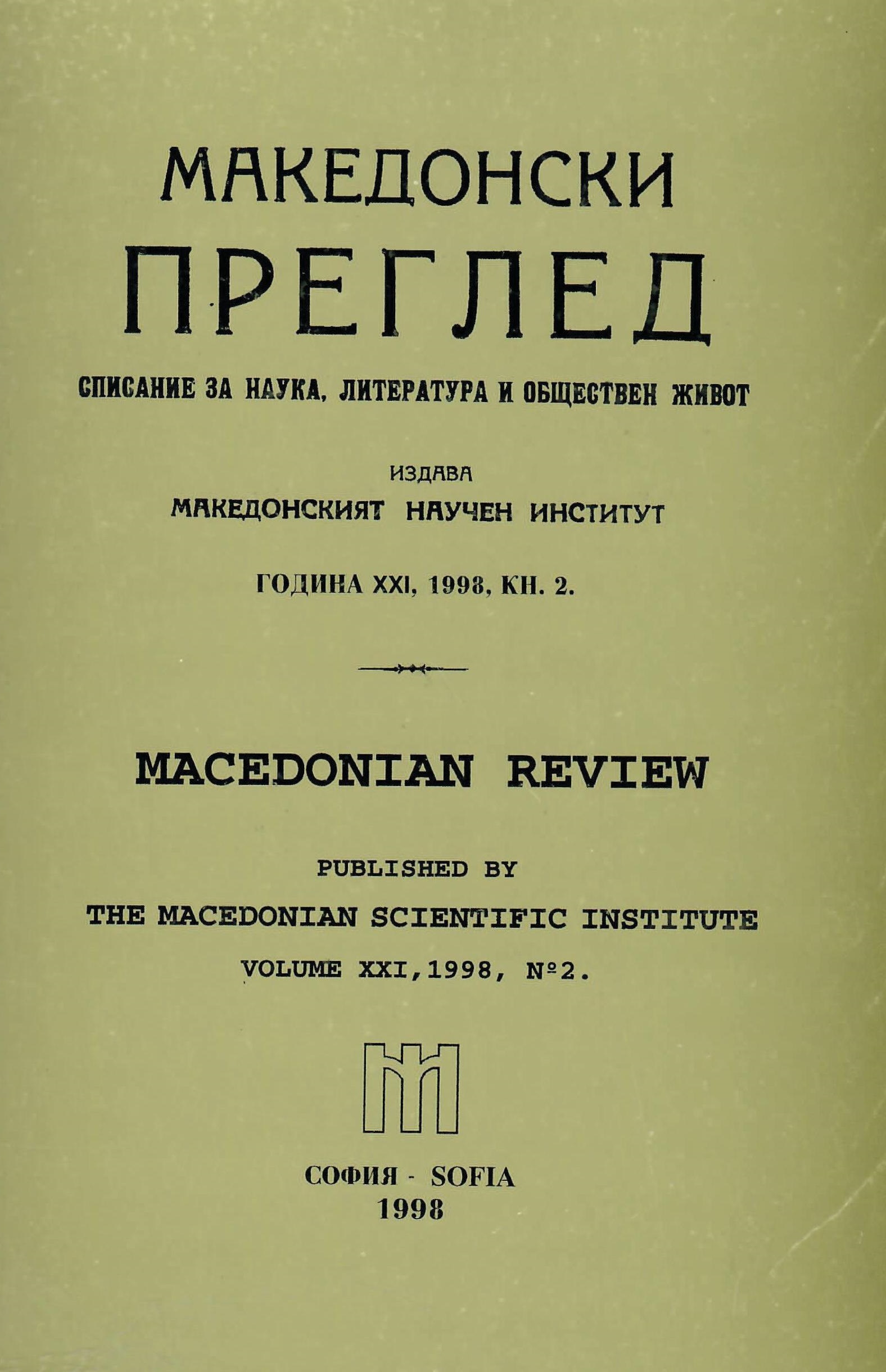
On the basis of a rich comparative material from the Slav languages the essential noun forming models in the category presented by gender couples, have been established: 1. The most widely spread is the model, where the masculine form is transformed as a basis, to whish is attached the feminine formant, for instance the cases with suffices: - in Bulgarian and Polish (приятел - приятелка; przyjaciel - przyjaciotka)', -ица/ -ница прщател>-прщател>ица, приятель приятельница in Serbian and Russian). Besides, a diversity of the cases may appear connected with the competition of the suffices, compare with Czeck (pfitelnice - pfitelkyne). Basic suffix for feminine formations in all Slav languages is -ka (with its extended suffices).
More...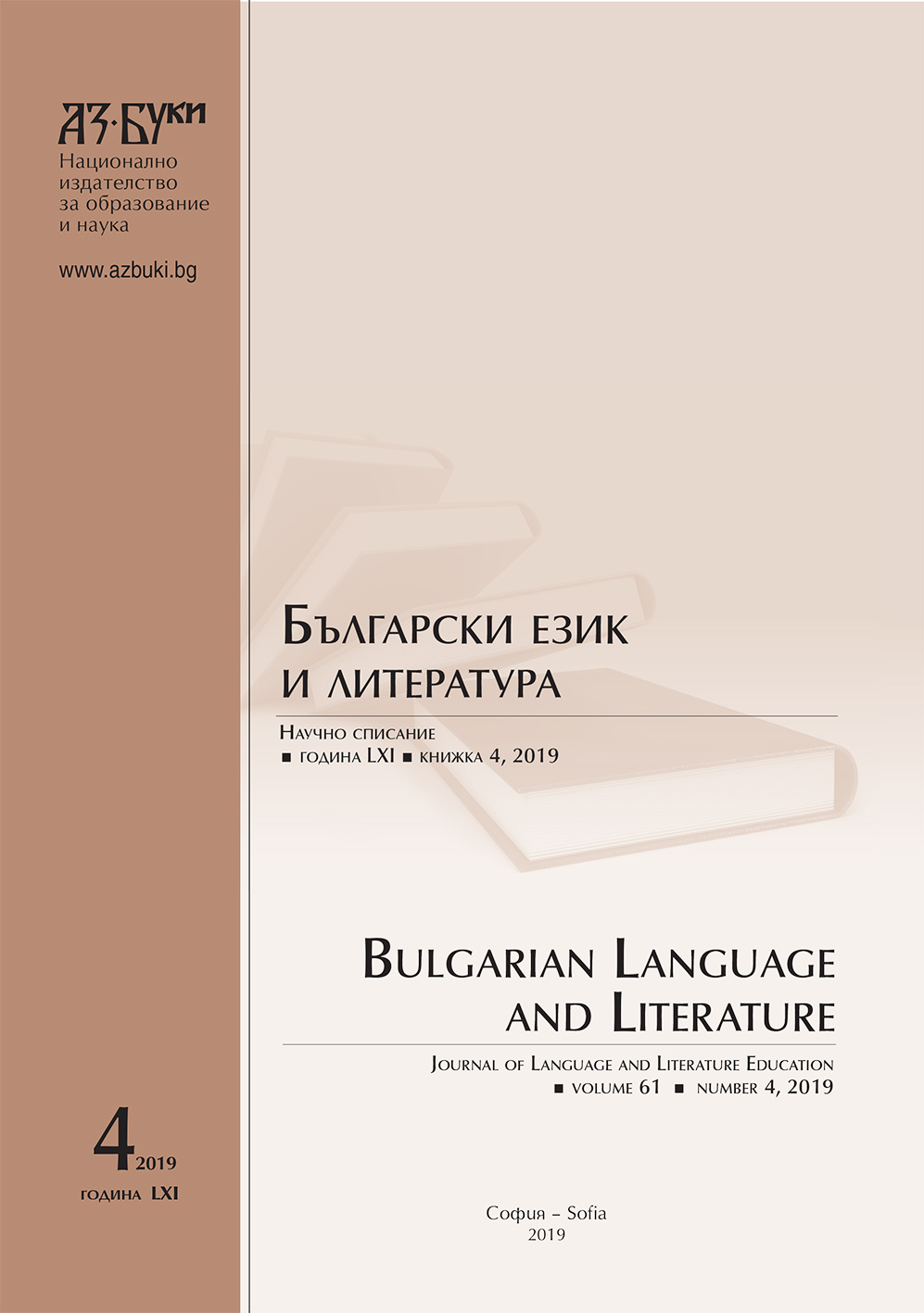
The Russian-Bulgarian-Czech-Slovak-English paremiological core was revealed by the author in 2018. It is based on the Russian paremiological minimum of G. L. Permyakov and its reflection in the three Slavonic languages and the English language. The core is a condensation of a few author’s published collections of frequent current Slavonic and English proverbs and the results of the author’s sociolinguistic paremiological experiment. Special attention is paid to the semantics of Bulgarian proverbs as proverbial parallels of Russian paremiological minimum and – for the first time –t o the semantic specifics of Bulgarian proverbs as a part of the analyzed 5-languages paremiological core.
More...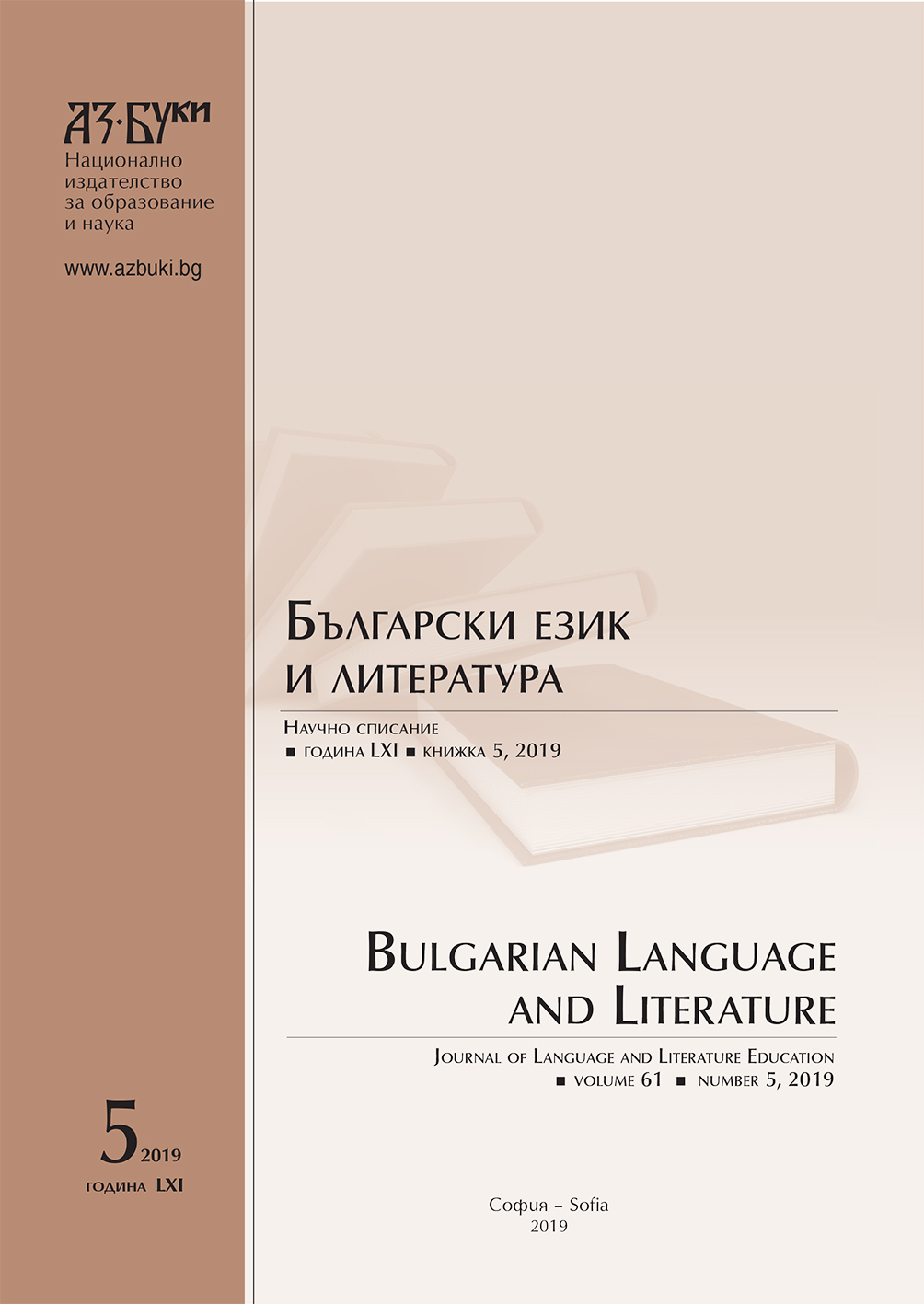
The article discusses two key messages of the children‘s works of Konstantin Velichkov: of Christian humbleness and civic implacability. Considering the fact that these values combine relatively rare both in real life and literature, the paper supports the view of the semantic passability at the border between religious-theme poems, presenting man in a silent dialogue with himself and with God, and fables whose allegories refer to the need for an active stance on the socio-institutional status-quo. The analysed texts are interpreted in the paradigm of the modern idea of the Orthodox theology of participation, according to which true humanity implies not only meekness but also benevolence towards the community and disagreement with political autocracy.
More...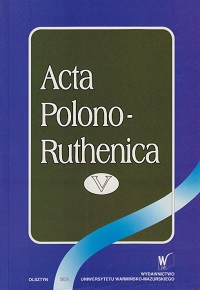
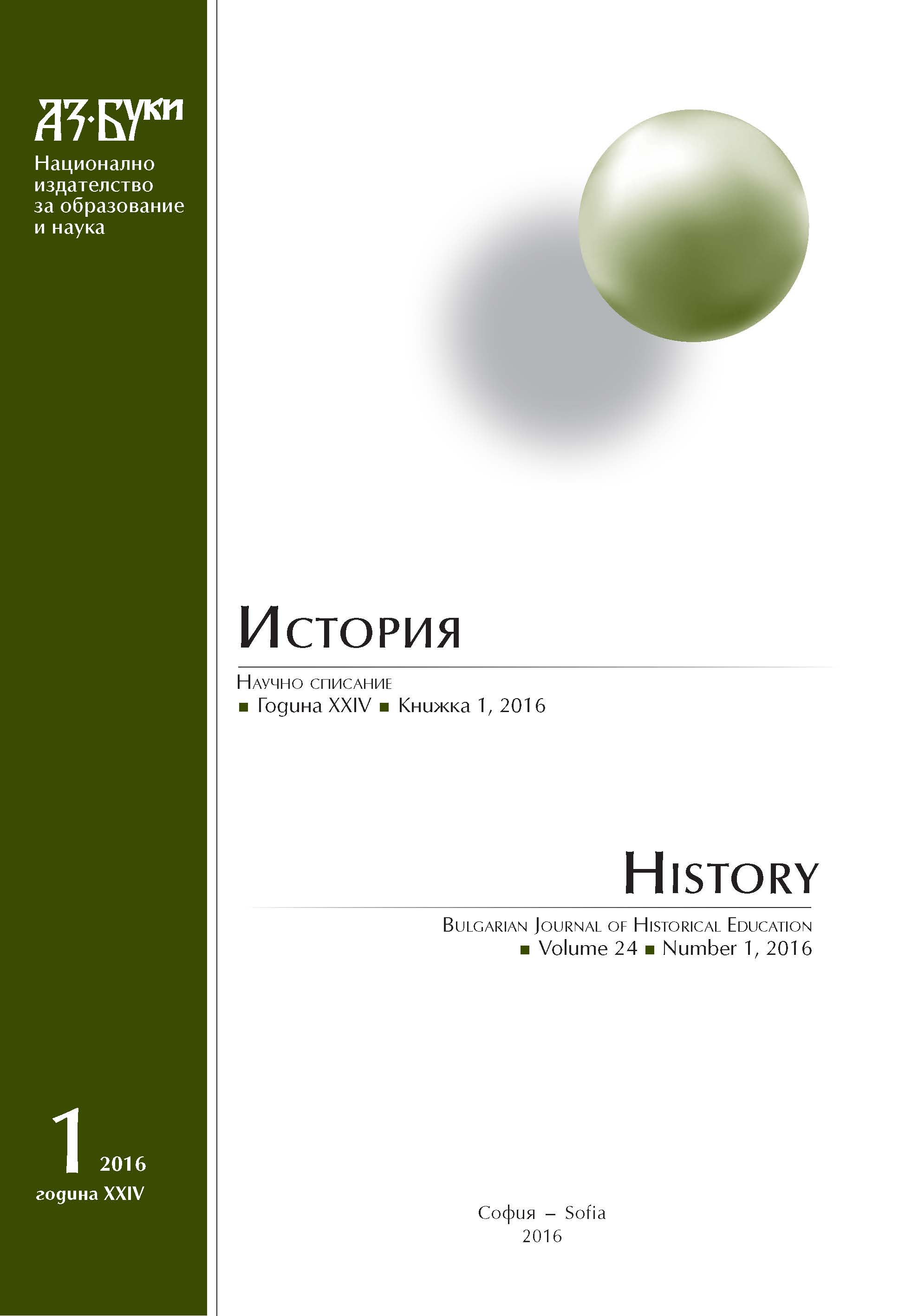
The article reveals main facts of the historical development of the Museum of Bulgarian book publishing (second half of 19th and early 20th century) founded in the city of Plovdiv by the end of 1960s. The permanent exhibition was inaugurated at 22nd of May 1975 in the house of the founder of our national typography – Hristo Gruev Danov (1828 – 1911). The key events, related to emergence and evolution of publishing business were shown in six exhibition halls, via artifacts, documents, pictures, etc. The old Revival house, in which the Museum was arranged, deserves a special attention. It combines the vision of a typical medieval tower and the artistry of а Renaissance edifice. Nowadays, the Museum of typography is a pleasing cultural topos located just to the entrance of the Old town and very close to the Orthodox cathedral. It attracts a lot of visitors, mainly Bulgarians, who are inspired by intellectual dignity of Revival period and by the personal magnetism of the popular originator of our national typography – Hristo Gruev Danov.
More...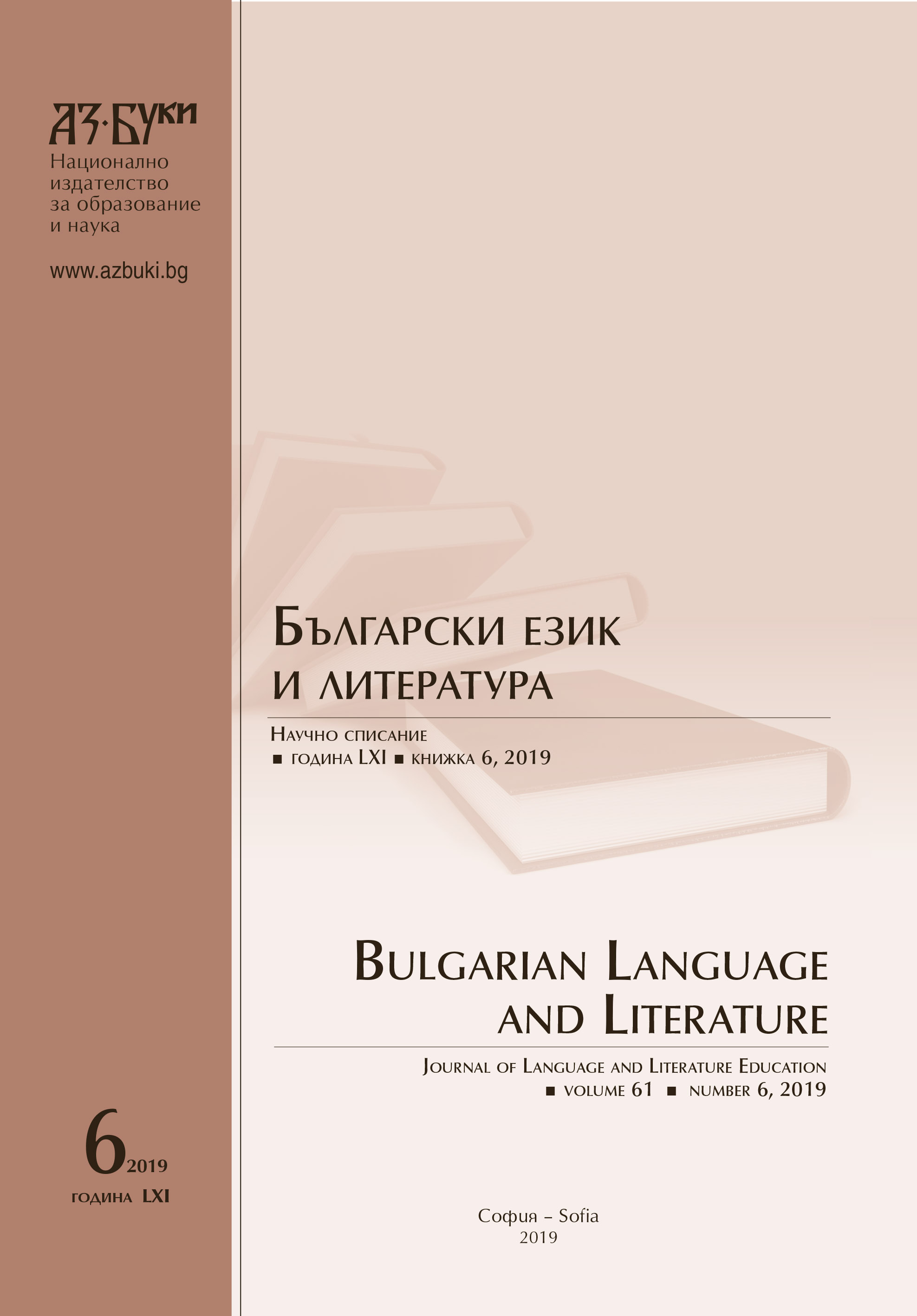
By examining the “Path Through the Years”, the study draws conclusions about the construction of memory in the memoir realm of Konstantin Konstantinov. It traces the extent to which the literary history in the book approaches or departs from both the literary history proclaimed after 1944 and today. The reflection on the first reviews of “Path Through the Years” leads to conclusions about the shift in attitude towards the book over the decades, which supports the thesis that the past and the perceptions towards it are differentiated and reevaluated in accordance with the pulse of time.
More...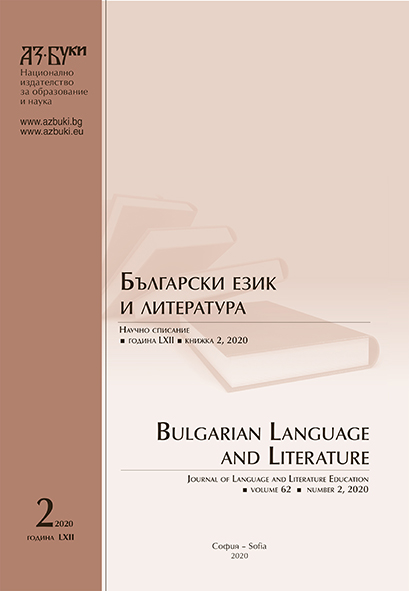
This article examines some tendencies in foreign language teaching and learning. Emphasis is placed on understanding oral and written text (listening and reading as basic receptive speech activities). Reading and related cognitive processes are seen as an element of key competency for language learning. Extracting specific and abstract information from text is a process by which strategies can be implemented to reach a full, accurate and adequate understanding of the text. An experiment is described related to the perception of Slavic texts by Bulgarian students in the Bulgarian secondary school, in the context of the theory of interlingual understanding.
More...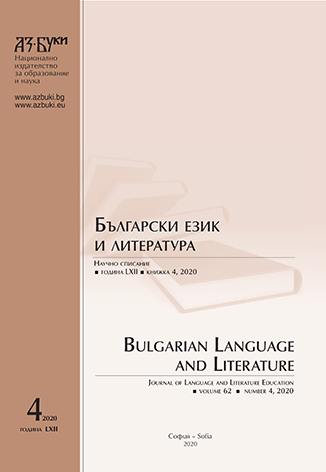
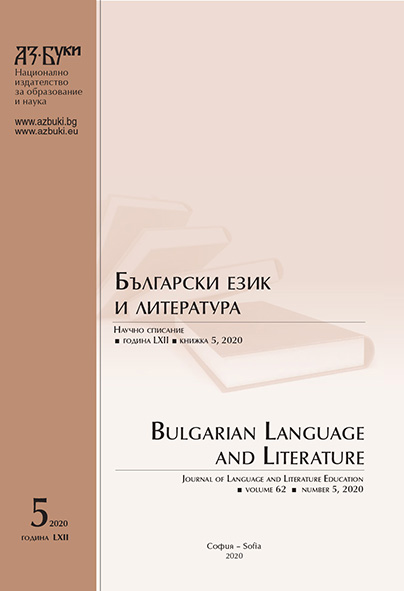
The following article offers a different perspective on the Bulgarian dialectological researches from the late 19th century. Its main aria of interest focuses not just on the importance they have for exploring and learning the diversity of the vernacular from the above-mentioned time period, but also deals with their practical application in the educational process from the late 19th century. The article addresses the first attempts on implying dialectological methods as a component of mother tongue education and Bulgarian language teaching, as well on the first known initiatives to organize extracurricular language practices together with senior-class students by collecting dialect material in accordance with the educational content. It highly praises the merit of mother tongue teachers from the late 19th century regarding the description and collection of the then Bulgarian dialects.
More...